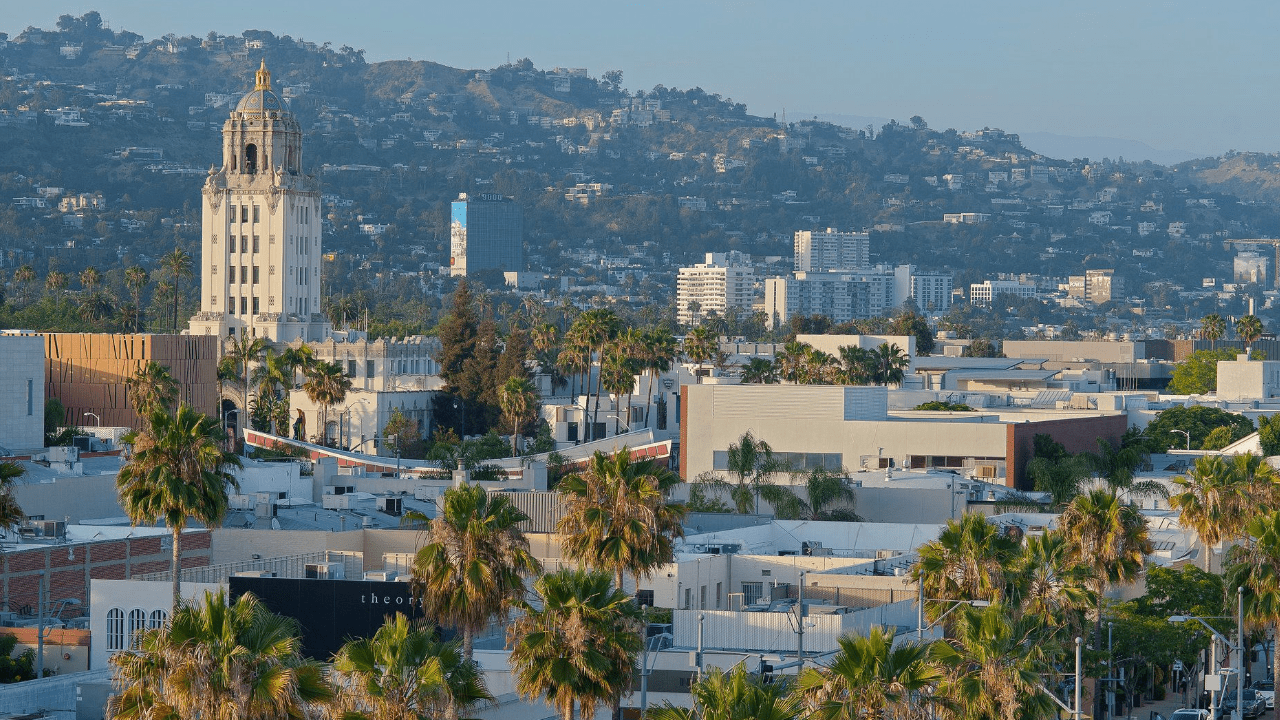Overview
Potential investors are eyeing the North Africa real estate market as a promising opportunity for growth in April 2025. With the region experiencing significant economic development and urbanization, the real estate sector is poised for expansion. This guide provides insights into market trends, investment strategies, and legal considerations for those looking to capitalize on emerging opportunities across North Africa.
Overview of the North Africa Real Estate Market
Market Trends
The North Africa real estate market is growing steadily, fueled by rapid urbanization and infrastructure development. In Morocco, cities like Casablanca, Marrakesh, and Rabat are seeing sustained real estate activity, bolstered by a robust tourism sector that drives demand for short-term rentals, according to the African Exponent. Meanwhile, Egypt’s expanding economy and strategic location make it a hotspot for residential and commercial investments, as noted by Business Insider Africa. These trends suggest a market primed for growth as April 2025 approaches, with key drivers including government-backed projects and foreign capital inflows.
Key Players
Several entities shape the region’s real estate landscape. Orascom Construction, a leading developer in Egypt, is known for large-scale residential and commercial projects, while Morocco’s Aradei Capital manages a diverse portfolio of commercial properties across 22 cities, supported by initiatives like those from the European Bank for Reconstruction and Development. Government agencies, such as those tracked by Housing Finance Africa, are also pivotal, promoting affordable housing and addressing regional deficits. International investors further amplify growth, drawn by the market’s potential.
Opportunities and Challenges in North Africa Real Estate
Growth Potential
High-demand urban centers and tourist hubs offer significant upside for investors. In Morocco, Casablanca boasts rental yields of 4.43%-7.94%, while Marrakesh ranges from 5.18%-8.99%, per the Global Property Guide. Egypt’s Cairo similarly attracts attention for its residential and commercial prospects. Governments are sweetening the deal with incentives—Morocco’s social housing program, for instance, has delivered 400,000 of a planned 2.1 million units since 2010, according to Housing Finance Africa. These factors signal strong potential returns for savvy investors by April 2025.
Risk Factors
Despite the promise, risks loom large. Political instability in parts of North Africa can destabilize markets, a concern echoed in economic analyses by the International Monetary Fund. Currency fluctuations pose another hurdle, potentially eroding profits for foreign investors. Legal complexities, such as Morocco’s ban on foreigners owning agricultural land, also complicate entry, as outlined by the Global Property Guide. Investors must weigh these challenges carefully to ensure sustainable returns.
Practical Tips for Investing in North Africa Real Estate
Investment Strategies
Success hinges on tailored approaches:
- Choose the Right Property Type: Residential units thrive in urban centers, while commercial spaces suit business hubs, and mixed-use properties offer flexibility.
- Leverage Local Expertise: Partnering with regional real estate agents and consultants provides critical market insights and smooths the investment process.
- Diversify Investments: Spreading capital across countries like Morocco and Egypt or cities like Cairo and Casablanca reduces exposure to localized risks.
These strategies, grounded in market dynamics, can optimize outcomes by April 2025.
Legal Considerations
Navigating the legal landscape is essential:
- Property Ownership Laws: Foreigners can buy most property types in Morocco, except agricultural land, per the Global Property Guide.
- Legal Process: Engage professionals to handle permits and contracts, ensuring compliance with local regulations.
- Tax and Financial Planning: Understand tax obligations and currency regulations to avoid surprises, particularly given regional economic volatility noted by the International Monetary Fund.
Thorough preparation here mitigates risks and enhances investment security.
Conclusion
The North Africa real estate market in April 2025 presents a compelling mix of opportunity and challenge. Investors armed with knowledge of market trends, strategic approaches, and legal nuances can tap into its growth potential. While high-demand areas and government support fuel optimism, political and economic risks demand vigilance. As the region solidifies its global investment appeal, staying informed and collaborating with local experts will be key to unlocking sustainable returns in this dynamic market.




